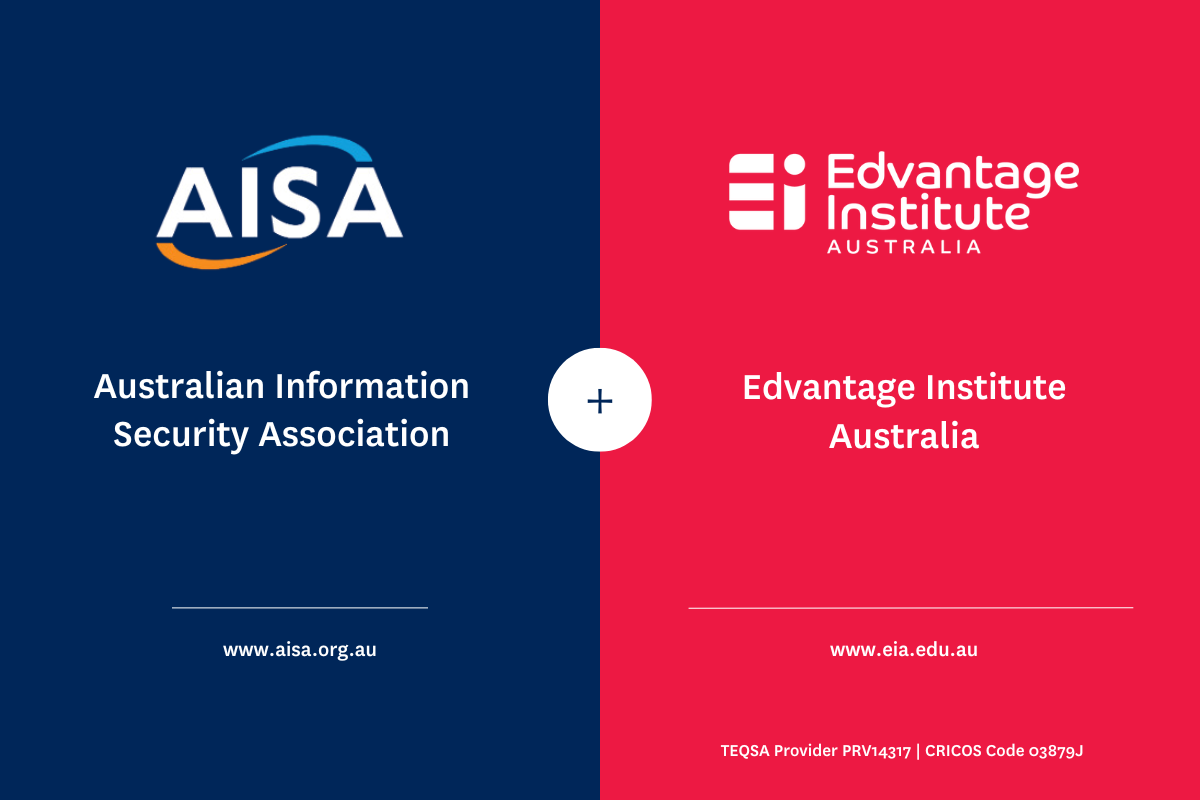In today’s education industry, it is estimated that well over 50% of today’s primary school students are being prepared and educated for jobs that haven’t been invented. With the rise of new technologies like Artificial intelligence (AI) and automation, a lot of today’s manual jobs and skills will be lost to automation. In this article, you will learn about the top emerging skills that employers will require in the future from new applicants.
While the job market is volatile, there is an opportunity to thrive in this evolving market. You may stand out if you have transferable skills, are competent to handle several jobs in your lifetime covering different sectors, and can create your jobs.
Rhys Williams, the executive manager for international partnership, has shared with us the emerging top 5 global employment skills in the 21st Century. Here are the key capabilities in the 21st century that employers are looking for:
- Hard Skills – graduates and undergraduate students, you should not think narrowly or focus solely on their disciplines. To have a competitive edge in today’s job market, students should try and diversify their skills that might be related to their field of study to increase their chances of landing a job.
- Soft Skills – soft skills are as important as hard skills for employers as it contributes to the overall culture and life within the organisation. Here are some examples of the soft skills that might be required by employers; Problem solving, self-direction, leadership, resilience, teamwork, international communication, work ethic, flexibility/adaptability.
- Digital Literacy – the ability to identify and use technology confidently, creatively, and critically to meet the demands and challenges of life. Specifically speaking, it refers to multiple software proficiency, mobile computing, processing data & information, enhancing work output, conferencing, search expertise and social media.
- Intercultural Capacity – the ability to work confidently with people of diverse backgrounds. Communicating naturally and efficiently with people from different backgrounds. Understanding the impact of religion and values in the workplace, and the ability to “walk a mile in my shoes”, meaning understand how a person from a different religion or cultural background thinks, behave and what motivates them to understand them naturally and effectively.
- Bilingualism refers to the ability of bilingual or tri-lingual as many workplaces do, especially one of the languages that are preferable the English language.
Having these employment skills in the 21st Century will give an individuals the edge to stand out among thousands of other applicants and catch the employers’ attention.
At EIA, our mission is to ensure our graduates are job-ready with up-to-date knowledge and skills they need to be competitive in a global context. Visit www.eia.edu.au to learn more
[1] https://www.forbes.com/sites/ashleystahl/2015/11/06/how-to-land-a-job-in-90-seconds/?sh=631f76774802



